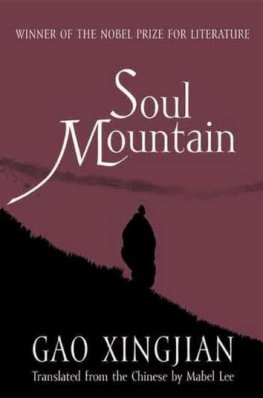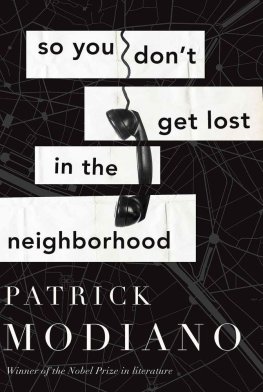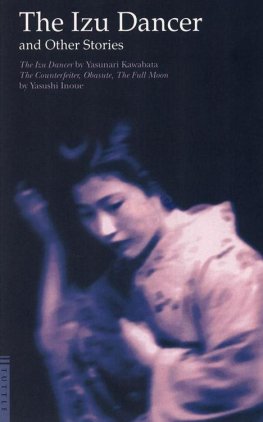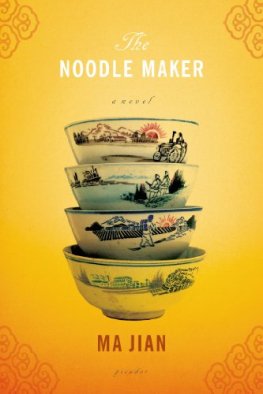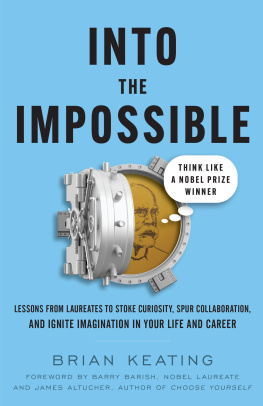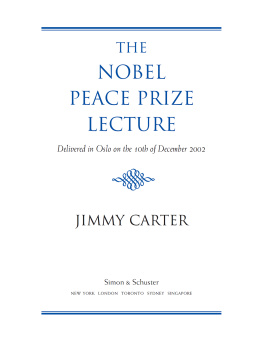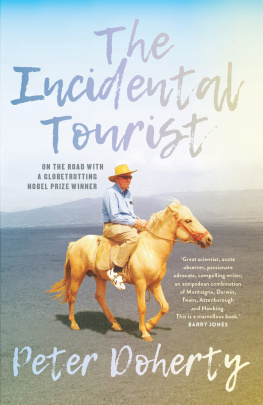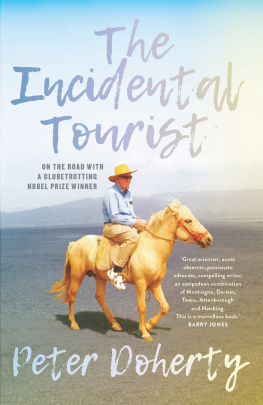
Gao Xingjian
Buying a Fishing Rod for my Grandfather
GaoXingjian (Go Xngji n; Wade-Giles: Kao Hsing-chien)
We were deliriously happy: delirious with the hope, infatuation, tenderness, and warmth that go with a honeymoon. Fangfang and I had planned the trip over and over, even though we had only half a month off: ten days of wedding leave, plus one week of additional work leave. Getting married is a major event in life, and for us nothing was more important, so why not ask for some extra time? That director of mine was so miserly: anyone who went to him requesting leave had to haggle; there were never instant approvals. The two weeks I had written in my application he changed to one week, including a Sunday, and it was with reluctance that he said, "I'll expect you to be back at work by the due date."
"Of course, of course," I said. "We wouldn't be able to afford the salary deduction if we stayed any longer." It was only then that he signed his name, thereby granting us permission to go on leave.
I wasn't a bachelor anymore. I had a family. I would no longer be able to go off to restaurants with friends as soon as I got paid at the beginning of the month. I wouldn't be able to spend so recklessly that by the end of the month I wouldn't have the money to buy a pack of cigarettes and would have to go through my pockets and search the drawers for coins. But I won't go into all that. I'm saying that I we were very happy. In our short lives, there hadn't been much happiness. Both Fangfang and I had experienced years of hardship, and we had learned what life was all about. During those catastrophic years in this country, our families suffered through many misfortunes, and to some extent we still resented our generation's fate. But I won't go into that, either. What was important was that we could now count ourselves happy.
We had half a month's leave, and although it was only half a honeymoon, for us it couldn't have been sweeter. I am not going to go into how sweet it was. You all know about that and have experienced it yourselves, but this particular sweetness was ours alone. What I want to tell you about is the Temple of Perfect Benevolence: "perfect" as in "perfect union," and "benevolence" as in "benevolent love." But the name of the temple is not really of great importance. It was a dilapidated ruin, and certainly not a famous tourist attraction. No one knew about it other than the locals, and I suspect that even the locals who knew what it was called were few. In any case, the temple we happened to visit wasn't one where people burned incense or prayed, and if we hadn't carefully examined the stone tablet with traces of writing in the drain of the water pump we wouldn't even have known that the temple had a name. The locals referred to it as "the big temple," but it was nothing compared with the Retreat for the Soul Temple, in Hangzhou, or the Jade Cloud Temple, in Beijing. Situated on a hill beyond the town, it was little more than an old two-story building with flying eaves and the remnants of a stone gate in front of it. The courtyard walls had collapsed. The bricks of the outer wall had been carried off by peasants to build their houses or construct pens for their pigs, and only a circle of unfired bricks remained, overgrown with weeds.
However, from a distance, from the small street of the county town, the glazed yellow tiles sparkling in the sunlight caught our eyes. We had come to this town quite by accident. Our train was still at the platform after the announced departure time, probably waiting for an express that was behind schedule to pass through. The chaotic scramble of passengers getting on and off had settled and, apart from the conductors chatting at the carriage doors, there was no one on the platform. Beyond the station was a valley with an expanse of gray roofs. Farther still, a chain of heavily wooded mountains gave this ancient town an exceptional air of tranquillity.
Suddenly I had an idea. I said, "Should we take a look at this town?"
Fangfang, sitting opposite and looking at me lovingly, gave a slight nod. Her eyes seemed to speak, and, sensitive to each other, we communicated on the same wavelength. Without a word, we took our bags from the luggage rack and rushed to the door of our carriage. As soon as we had jumped onto the platform, we both laughed.
I said, "We'll leave on the next train."
"I don't mind if we don't leave at all," Fangfang answered.
After all, we were traveling, and it was our honeymoon. If we fell in love with a place, we would go there, and if we went on liking the place, we would stay longer. All the time, wherever we went, the happiness of newlyweds accompanied us. We were the happiest people in the world. Fang-fang was holding my arm; I was holding our bags. We wanted the conductors on the platform and the countless pairs of eyes on the other side of the train windows to look at us with envy.
We no longer had to drive ourselves mad trying to get transferred back to the city. Nor did we have to keep begging our parents for help. And we didn't have to worry about our residential status or our jobs anymore. We even had our own apartment, our own home; it wasn't very big, but it was comfortable. You belonged to me and I belonged to you, and, Fangfang, I know what you want to say: Our relationship was no longer immoral! And what does that mean? It means that we want everyone to share in our happiness. We've had so many problems, and we've troubled all of you with them, and you have all worried because of us. How can we repay you? With some candies and cigarettes after our wedding? No, we are repaying you with our happiness. There's nothing wrong with what I'm saying, is there?
That was how we came to this quiet old town in the valley. But it turned out that the town was nowhere near as tranquil as it had seemed when we were looking out the train window. Below the gray roof tiles, the lanes and alleys throbbed with activity. It was nine in the morning, and people were selling vegetables, rock melons, and freshly picked apples and pears. Streets in county towns like this one aren't wide, so mule carts, horse carts, and trucks were all jammed together, with drivers cracking their whips and honking their horns. Dust filling the air, dirty water tossed out beside vegetable stalls, melon rinds all over the ground, squawking hens flapping in the hands of their buyers: these were sights that made us feel close to the town.
It all felt so different from the time when we were graduates sent to work in the countryside. Now we were just visitors passing through, tourists, and the complicated relationships between the people here had nothing to do with us. Inevitably, this made us city dwellers feel somewhat superior. Fangfang clutched my arm tightly and I leaned close to her, and we could sense people's eyes on us. But we didn't belong to this town; we were from another world. We walked right past them, but they didn't gossip about us; they only gossiped about the people they knew.
Eventually, there were no more vegetable stalls and very few people. We had left behind the bustle and din of the market. I saw from my watch that it had taken us only a half hour to walk the length of the main road from the railway station. It was still early. It would be an anticlimax just to return to the station and wait for the next train, and Fang-fang was already thinking about spending the night here!
She didn't say so, but I could see her disappointment. A man was heading toward us, ostentatiously swinging his arms as he walked. He was probably a cadre.
"Excuse me, could you tell me how to get to the county hostel?" I asked.
Next page

